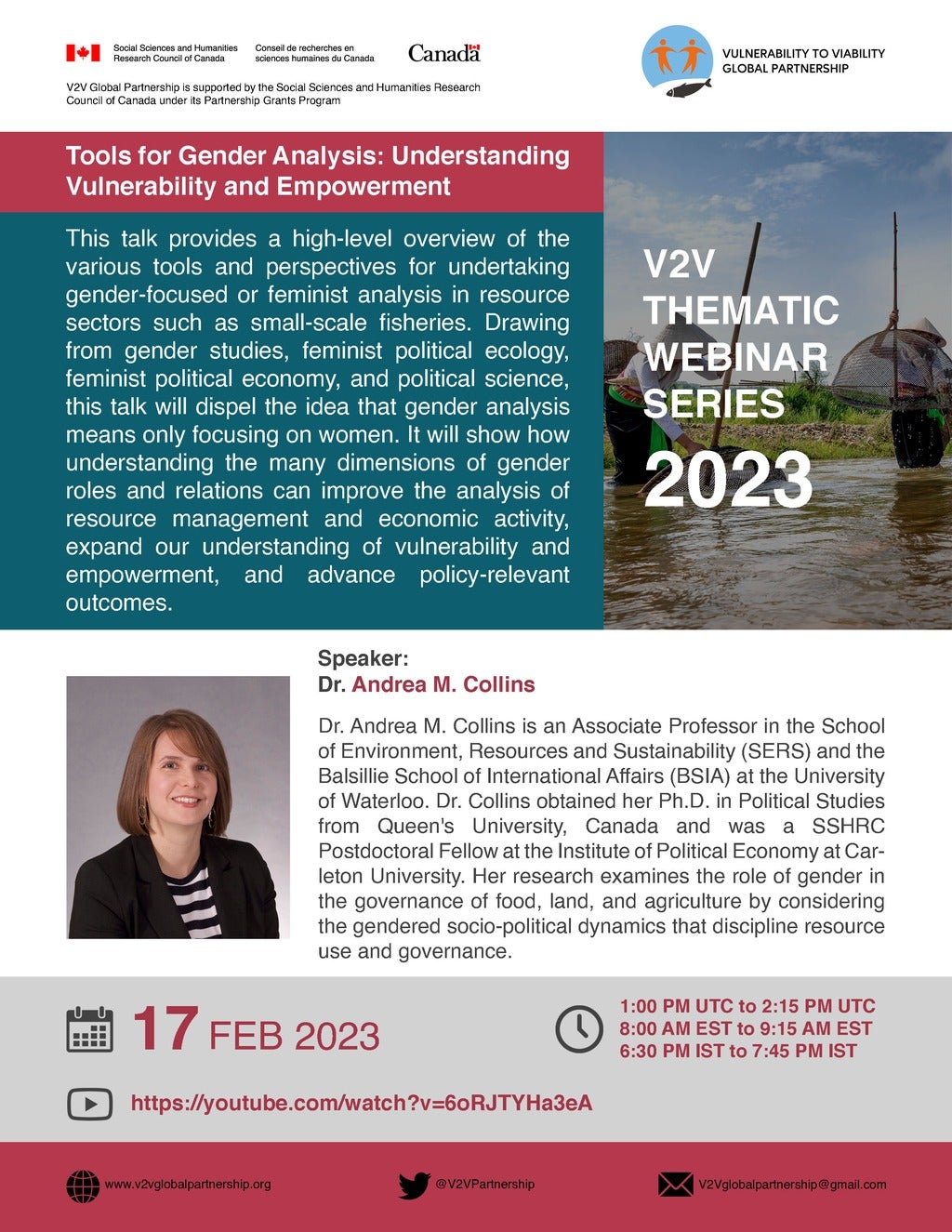Please join the Industrial Ecology group on Monday, June 3rd at 1:30pm for a talk by Professor Chris Kennedy in EV3-4408. 30 minute presentation followed by a Q & A.
Energy Constraints on Macroeconomic Paradigms
Reducing greenhouse gas emissions requires enormous changes to energy supply; but what kind of changes to the economy will this entail? Several previous studies have demonstrated the substantial influence of energy on the US economy. This paper goes further by reinterpreting major macroeconomic paradigms in terms of fundamental changes to energy supply.
The three US macroeconomic paradigms of the twentieth century, defined by transformational economic shocks, had distinct energy characteristics. The pre-Keynesian era (to 1929) was dominated by coal; the Keynesian era (1930-1973) witnessed substantial growth with unconstrained access to abundant domestic oil supplies; and the Monetarist era (after ~1973) was energy constrained. Moreover, the economic shocks that precipitated paradigm changes were rooted in changes to energy supply. The Great Crash of 1929 followed from discovery of vast oil fields in the US Southwest. The collapse of the Bretton Woods system in 1971 occurred in part due to US peak conventional oil production; and together they established the conditions for the First Oil Crisis of 1973.
Biography
Chris has worked for over 25-years on strategies for addressing global climate change, drawing upon economics, technology, policy and industrial ecology perspectives. Most of his current work involves analysis of national economies towards deep decarbonization. His previous research helped the development of a standard approach for city-wide greenhouse gas accounting, used to support climate finance. His wider scholarship includes contributions explaining the energetic basis of the Industrial Revolution, and the Great Depression.
Chris was the inaugural chair of a new ‘green’ Civil Engineering Department at the University of Victoria. He is a member of the Global Cities Institute at the University of Toronto, a member of UVic’s Institute for Integrated Energy Systems, and a Fellow of the Canadian Academy of Engineering. Chris is a former President of the International Society for Industrial Ecology; and has been a visiting professor at Oxford University and ETH Zürich. In 2011/12, he was seconded to the OECD in Paris, to support the Working Party on Climate Investment and Development.
